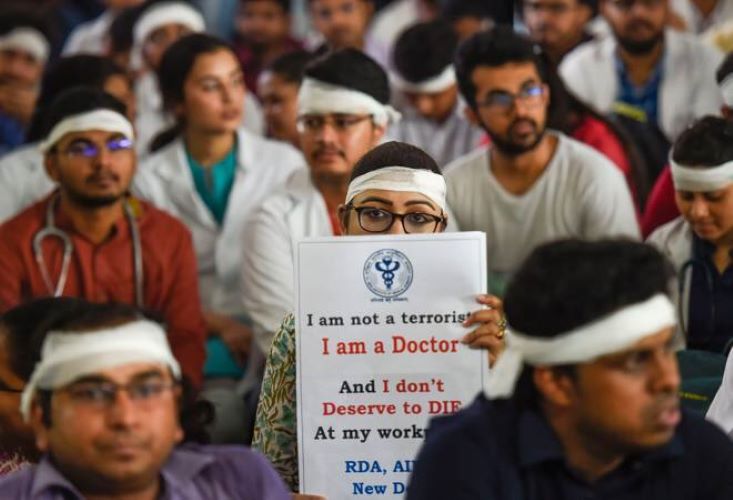Need to make medical indemnity (malpractices) insurance compulsory

Team L&M
Medical indemnity (malpractice) insurance is not widely popular in India and remains under-penetrated due to limited awareness among smaller hospitals and healthcare practitioners about its importance and the misconception that it is an additional expense rather than a risk-mitigation tool. Regulatory changes and awareness campaigns are needed to change this scenario, say experts of Delhi-based TR Life Sciences, a leading hospital management consulting firm.
There are several reasons for the low penetration of medical indemnity insurance in India, apart from low awareness. “Complex language and clauses of the policy contribute to the difficulty in grasping the implications. The claims process is often burdensome, discouraging healthcare professionals from pursuing claims. While some insurance companies have taken steps to include out-of-court settlement clauses to make the policy more appealing, the penetration rate remains low not only among smaller hospitals but also among larger ones,” says Dr Anurag Kashyap, Director — Finance & Strategy, TR Life Sciences.
Stating that corporate hospitals are more likely to have medical malpractice insurance coverage in place, he adds that smaller hospitals, especially those in mid-level or non-super specialty fields, tend to take a cost-conscious approach and avoid taking the insurance. “They prefer to go for out-of-court settlement. Even prominent healthcare institutions lack dedicated insurance and risk mitigation departments, emphasizing the critical need for assessing the risks within hospitals and doctor practices,” he adds.
Recounting the steps to be taken to promote the widespread adoption of medical malpractice insurance among the healthcare fraternity, Dr Kashyap opines that the government can play a significant role by introducing guidelines and regulations to make the policy mandatory for healthcare professionals, especially during the time of registration as a doctor, with specified basic coverages. “The policies too need to include different categories based on the size and specialisation of hospitals and doctors,” he remarks adding that insurance companies should create platforms to educate healthcare professionals about the necessity of medical malpractice insurance.
Dr Gopal Sharan, Managing Director, TR Life Sciences, said: “Changing the mindset of healthcare professionals and their approach is also essential to make medical indemnity insurance popular in the country. They need to consider it as risk mitigation, rather than an expense. Encouraging their participation in webinars and lectures on risk assessment and mitigation can enhance their understanding and readiness to invest in comprehensive coverage. Insurance companies should proactively engage with the fraternity, elaborating on their products, coverages, and benefits to enable informed decision-making.”

